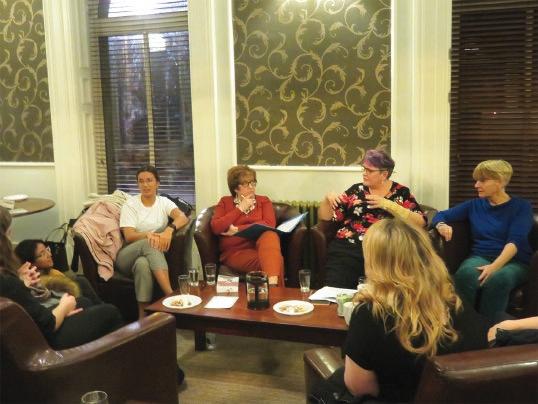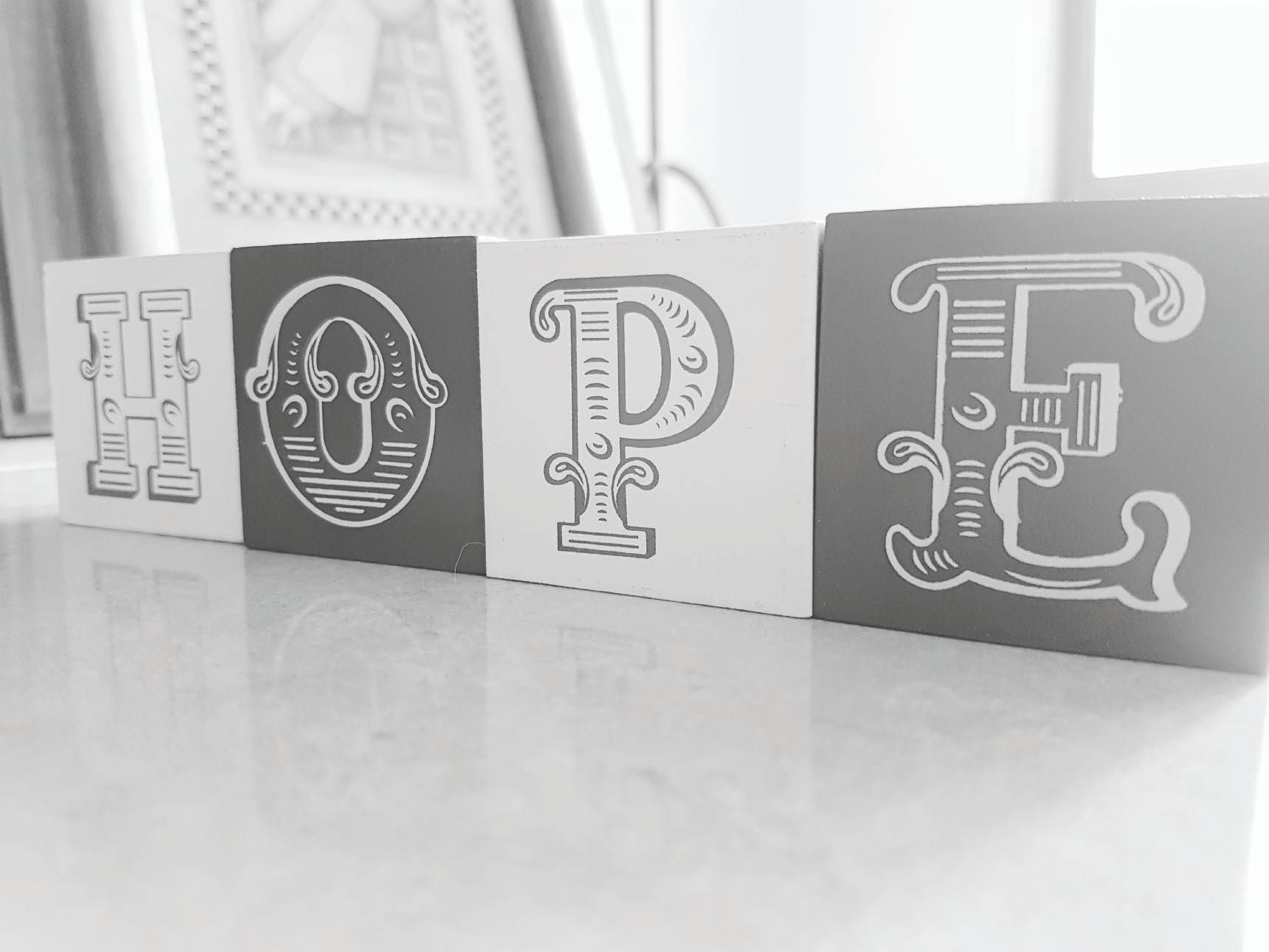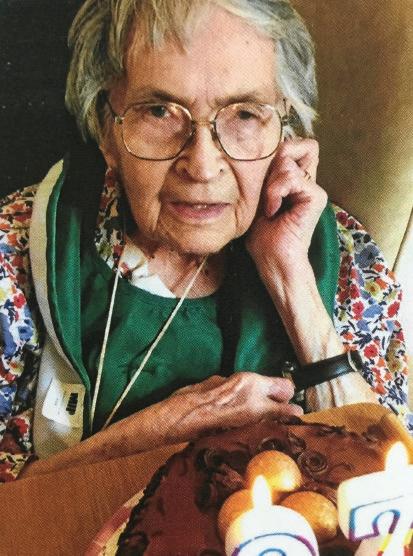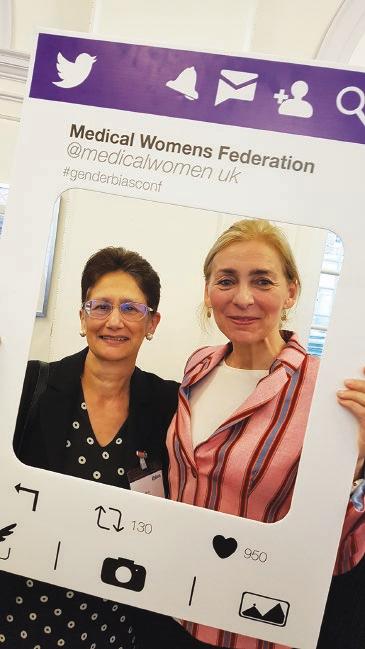
5 minute read
Climate and health: topical dilemma
Climate emergency, Health emergency
From environmental activists to weather related natural disasters; discussions on climate change have dominated headlines over the past months. Sitting in an office above Trafalgar Square I have watched Extinction Rebellion march in protest, and amongst them noted staff, including doctors, from the National Health Service.
Climate change has generated an ecological crisis with a global impact, generating devastating impacts widely, whether on marine life, or rainforests. Specific to healthcare, climate change has a direct impact on health, whether through extreme heat, flooding, and the potential spread of infectious diseases to the United Kingdom. Climate change also has an indirect impact through affecting the social and environmental determinants of health, and the availability of basic human requirements such as clean air and water, food and shelter.
Title: Title
Farah Jameel is an international medical graduate and GP in London. She is a GP appraiser and a member of the GPC England executive team, through which she has been involved in contract negotiation and representing the views of GP’s on a variety of critical issues. Farah is also chair of Camden Local Medical Committee. She is absolutely petrified of horror movies.
I am a rare breed of clinical academic physiotherapist and took a circuitous route to what I do today. I was born in the UK of mixed heritage. My parents are nurses by profession, my father from Mauritius and my mother from Ireland. I spent a lot of my childhood around hospitals, so that environment plus a love of sport, pointed me towards physiotherapy.
My pre-registration training was at the University of East London, one of the first universities to offer Physiotherapy as a four-year degree course in the early 1990s. After qualifying in 1995, I worked in a number of London teaching hospitals. Early on in my career, I expected to specialise in sports injuries, but I grew to love neurology through working at excellent neuroscience centres. My fascination with neurophysiology coincided with a really important time in neuro-rehabilitation with evidence emerging on how therapists could influence motor recovery and neuro-plastic processes.
In 2001 I went to the National Hospital for Neurology and Neurosurgery, Queen Square, and I’ve never quite left! I was a full time clinical physiotherapist and studied for my Masters at the same time. I started to encounter people with rare neurological conditions, and quickly realised that the evidence for rehabilitation and physical management was almost non-existent. At the same time, I began to collaborate with scientists at University College London (UCL) working in the human movement laboratory. I developed an interest in 3D kinetic and kinematic analysis of balance and gait, using these techniques for my MSc dissertation, assessing the effects of contoured insoles in people with multiple sclerosis.
One of my colleagues in the lab was awarded a Medical Research Council (MRC) Clinician Scientist fellowship that included funding for a research physiotherapist plus PhD fees. I applied for the position and started my PhD in late 2004. My thesis explored gait impairments and potential interventions for people with inherited peripheral neuropathy, or Charcot-Marie-Tooth disease (CMT). Through the recruitment process, I developed a good relationship with the neuromuscular specialists and provided a physiotherapy service to one of the multidisciplinary clinics.
I completed my thesis in 2007 and decided that returning to a clinical job would probably prove challenging for continued research. I took up a senior lecturer position at the joint faculty at St George’s University of London and Kingston University. My main work was undergraduate teaching, but I was also encouraged to apply for research grants. I kept my links with the Queen Square neuromuscular team and we were awarded a charity grant to undertake an exercise trial in CMT. Later I was awarded one of the newly launched National Institute for Health Research (NIHR) Clinical Lectureships, a fellowship for Allied Health Professionals, nurses The National Health Service produces over 5% of carbon emissions, higher than the global average for healthcare. With a carbon reduction strategy in place, despite an increase in clinical activity over the past years, a reduction in carbon footprint has been noted. Currently, the Government strives towards net zero carbon by 2050. Climate change poses a wide array of challenges; requiring changes to the way we consume and operate within the National Health Service. In this issue, our feature on climate change helps inform your interest in environment and health, and directs to useful resources.

and midwives. This allowed me to continue to develop clinically at the new MRC Centre for Neuromuscular Diseases, set up a small motion analysis lab at the centre and still teach at St. George’s. Closer working with the centre led to an NIHR Research for Patient Benefit grant and other charity grants. I was becoming a principle investigator.
I am now an Associate Professor and Director of Research at the School of Allied Health, Midwifery and Social Care at St. George’s/ Kingston University. My research is still primarily undertaken at Queen Square, and after my fellowship, I was able to negotiate an ongoing clinical day there. This diversity in my role now means I am a true clinical academic physiotherapist, a much rarer model than in other professions, such as medicine.
Research was a draw for me early on as I was continually questioning the theoretical basis for physiotherapy interventions. The catalyst was working at Queen Square, where clinicians and academics work alongside each other, or are in split posts. The scientists were very interested in the clinical questions I had, and that was how the idea for my master’s research became a reality. The career pathway for Allied Health Professionals in the early noughties did not really include research, so I had to grab opportunities along the way. I was fuelled by intellectual curiosity and enthusiasm, so was determined to find ways get projects off the ground. The NIHR clinical academic training route is now more available and is a fantastic opportunity to develop future research leaders. The fellowship opened doors for me and I would encourage others to find out more about them and apply.
Good mentorship is vital plus collaboration with colleagues with differing areas of expertise. Mentors who have worked in research can help you to plan your careers and prioritise opportunities. I have learned not to be precious about my ideas, as others can develop them with you. There is a lot of rejection in research, so developing a thick skin, and using feedback to improve papers and grants is an absolute must. The rejections make the successes so much sweeter!










